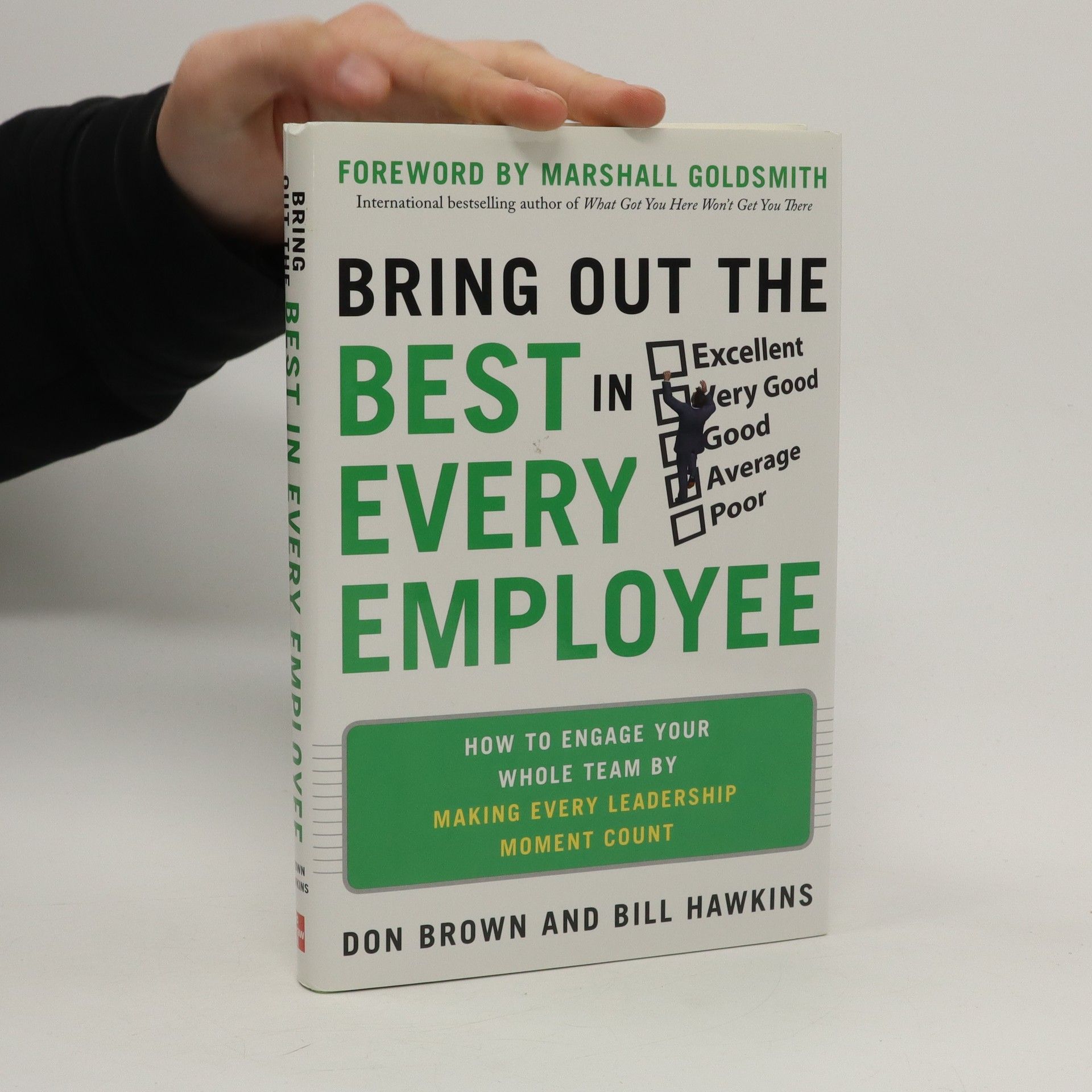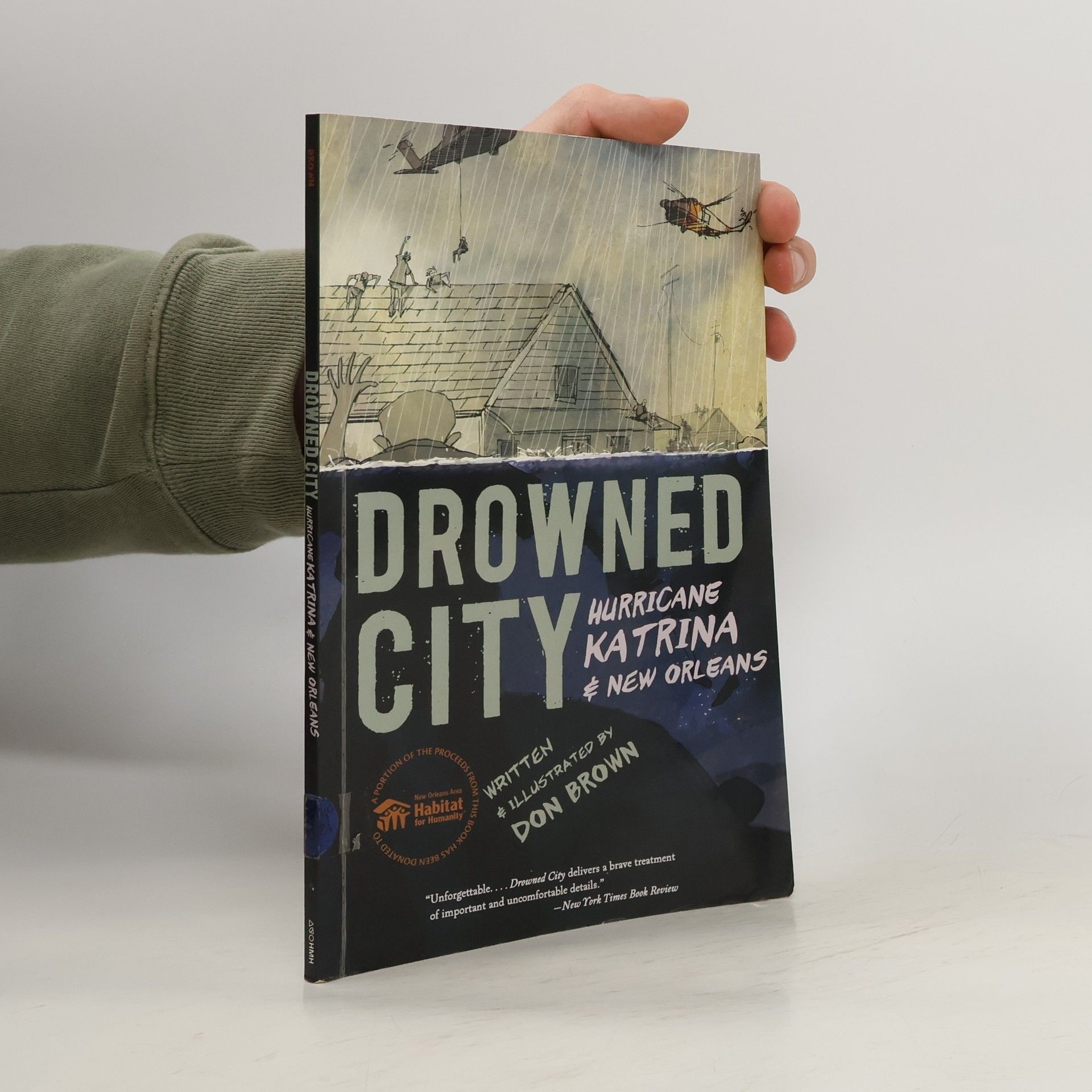In the Shadow of the Fallen Towers
The Seconds, Minutes, Hours, Days, Weeks, Months, and Years After the 9/11 Attacks
- 128 pages
- 5 hours of reading
The graphic novel explores the immediate aftermath of September 11, 2001, highlighting both the political and personal consequences of the attacks. Through compelling individual stories, Don Brown, an award-winning creator, provides a journalistic perspective that helps young readers contextualize the day and understand its lasting impact. The narrative is profound and moving, serving as a powerful witness to history and its influence on the future. This work encourages teens to reflect on the events that continue to shape contemporary society.



